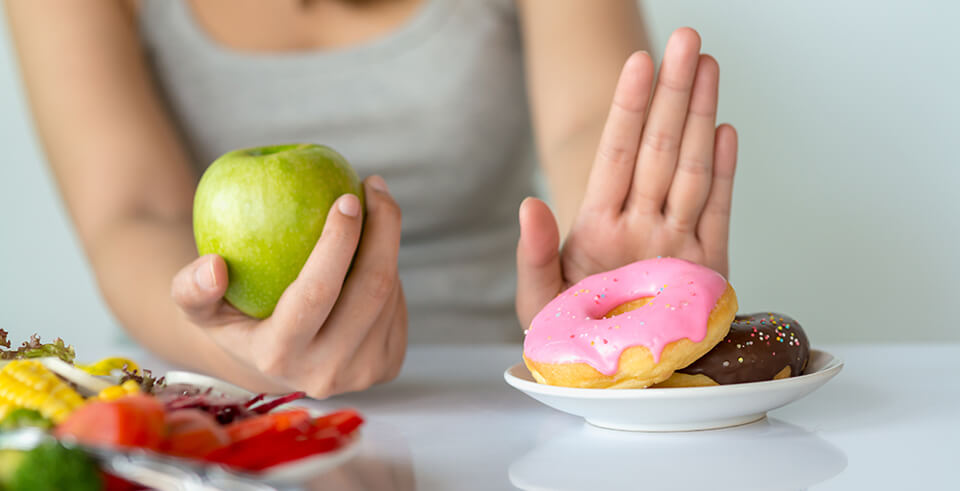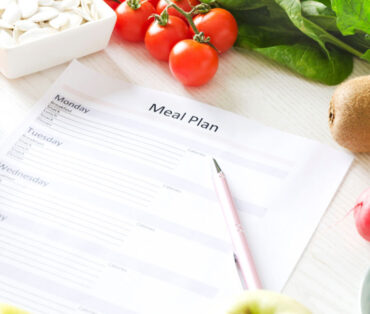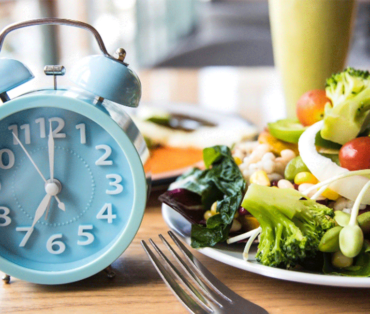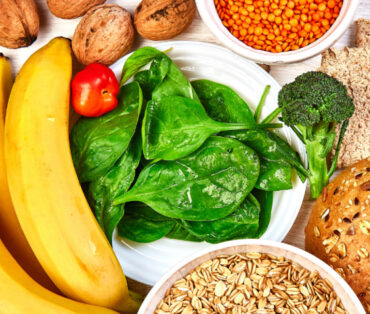Foods to Avoid as You Strive for Good Health
As you transform your diet to a healthy eating plan—one that will support you through the toughest full body workout—you need to think as much about what not to eat as what to eat to lose weight. It’s a simple concept, but it works: fill up on healthful fruits and vegetables, and you’ll have less appetite for unhealthy meals and snacks. It’s also important to recognize which foods are the worst offenders when it comes to a weight loss eating plan. Overall, each time you are about to eat a food, think to yourself, “Will this food nourish my body?” If the answer is “no” or “I don’t know,” avoid it.
Beyond that, here are some of the worst foods and drinks when it comes to a healthy eating plan:
Soda
Soda has no place in a healthy diet plan, and this is true whether you drink the regular or diet variety. Regular soda contains high fructose corn syrup, and diet soda contains artificial sweeteners which appear to yield the same reaction in your body as refined sugar. In a study done at Princeton University, researchers found that high fructose corn syrup causes as much weight gain as table sugar. They also found rats that ate other forms of sugar gained less weight than rats who ate high fructose corn syrup, even when their total caloric intakes were the same. Instead of soda, drink water, unsweetened green tea, or infuse your water with fresh fruit flavors.
Chips
Similar to soda, chips offer a hefty number of calories with no nutrients in return. In a study done at Harvard University that looked at 120,000 individuals over 13 years, researchers found participants gained an average of 3.3 pounds every four years, and that potato chips were at the top of the list of foods that contributed to their weight gain. In lieu of potato or corn chips, try bean-based or kale chips, which provide fiber and protein with their crunch.
Processed meats
In the same Harvard study that denounced chips, researchers found processed meats to be another of the worst offenders when it comes to weight gain. Processed meats like salami and deli turkey and ham contain sodium and chemicals that can contribute to weight gain and increase risk of chronic disease. To stay in line with a weight loss eating plan, get your protein from fresh, lean meat, poultry, beans, and legumes.
White grains
If the only way you take bread, pasta, or rice is “white”, you’re missing out on fiber and nutrients and increasing your odds of weight gain. When it comes to what to eat to lose weight, most of your grains should be whole. White breads, pastas, etc. were once in their whole forms, but they’ve been bleached and stripped of the components that made them healthful, making them too easy for your body to digest and turn to sugar. Whole grains, on the other hand, serve heart-healthy, satiating fiber your body must work to break down, which helps prevent the blood sugar spikes white grains can cause. A study published in the American Journal of Clinical Nutrition found substituting whole grains for refined grains boosted calorie burning and increased metabolism. Therefore, if a weight loss eating plan is your goal, any white grain is one you should avoid.
Salad dressing
You can quickly undo the healthful, weight loss benefits of a salad by topping it with the wrong salad dressing. Many salad dressings contain a lot of fat, and the low-fat varieties try to make up for the lack of fat with added sugar. Healthier alternatives for salad toppers include extra-virgin olive oil, salt, pepper, lemon juice, and vinaigrettes.
Packaged baked goods
Commercial baked goods are a major no-no for anyone wondering what to eat to lose weight. These treats are loaded with sugar, calories, and unhealthy fats. Instead, go for fresh fruit to satisfy your sweet tooth.
Booze
An occasional craft beer or glass of merlot is one thing. But overdoing it with alcohol on a regular basis can quickly put a damper on the best laid weight loss eating plan. Not only are alcoholic drinks high in calories, they also trick your body into eating more and lower your inhibitions when it comes to sticking to a healthy eating plan. A study at the University of Liverpool found that just two alcoholic drinks can increase the amount of food one consumes by altering perceptions to make food taste more delicious. So, try to keep your alcoholic drinks to one or fewer, and alternate with sips of hydrating H2O.
**The information contained above is presented in summary form only and intended to provide broad consumer understanding and knowledge of various healthcare topics. It should not be used in place of a visit, call, consultation or advice of your doctor or other healthcare provider. You should discuss any dietary changes or supplement usage with your doctor, and should not discontinue any prescription medications without first consulting your doctor.







